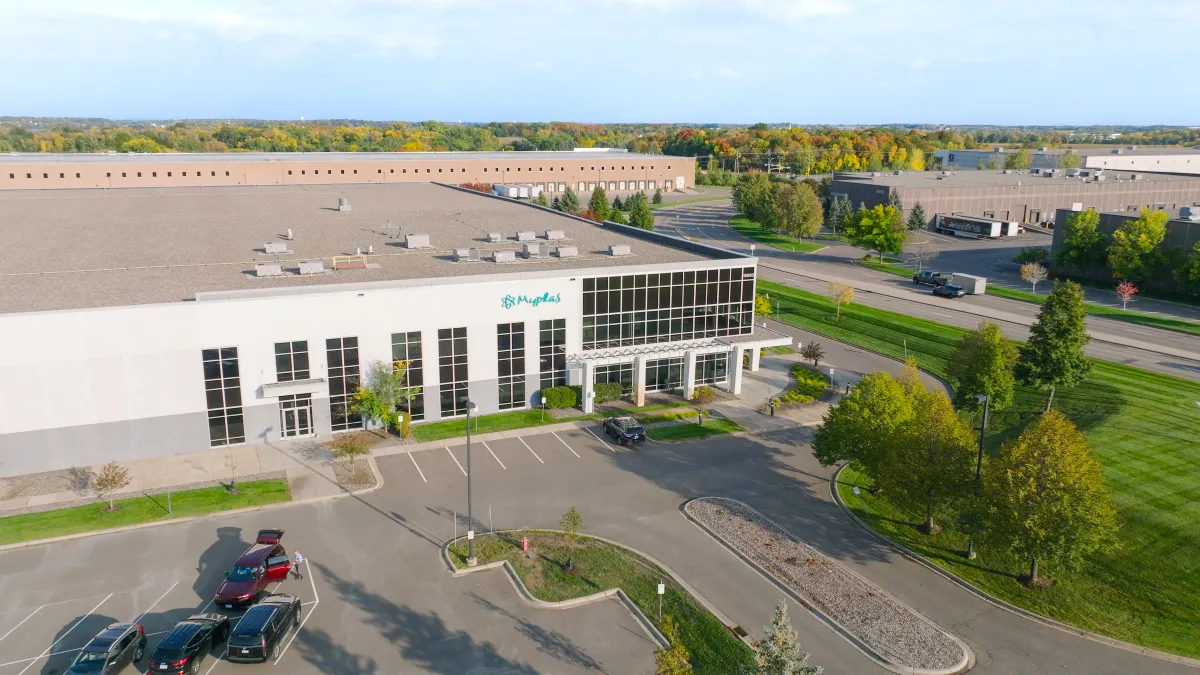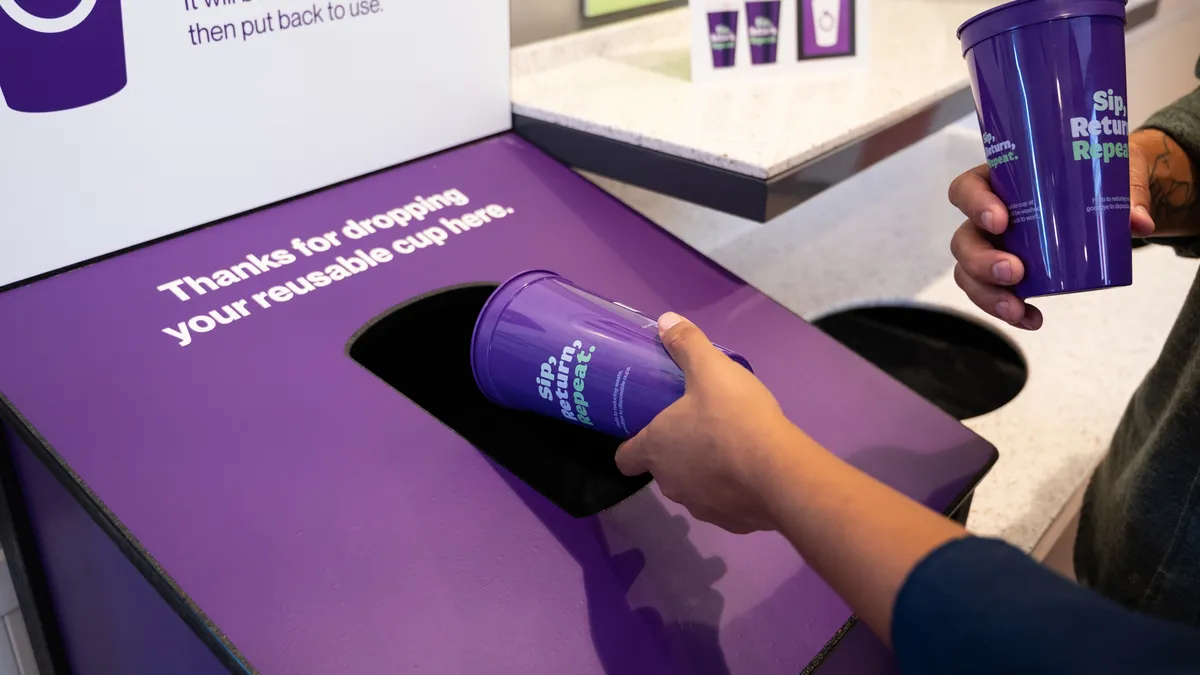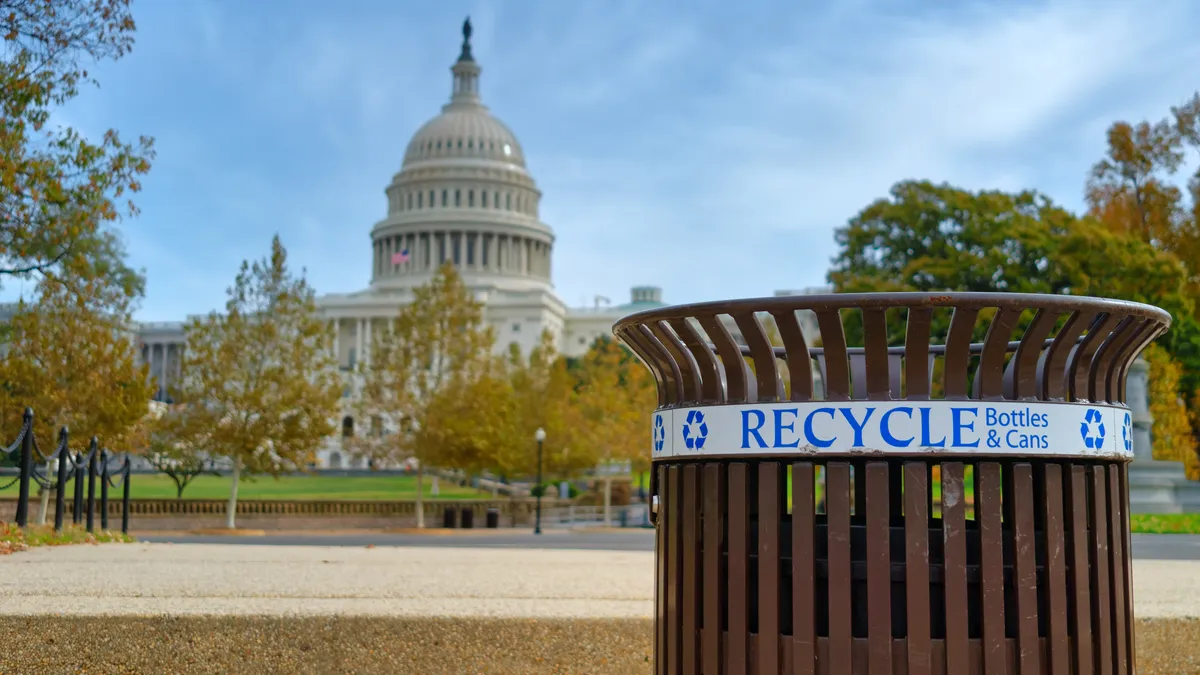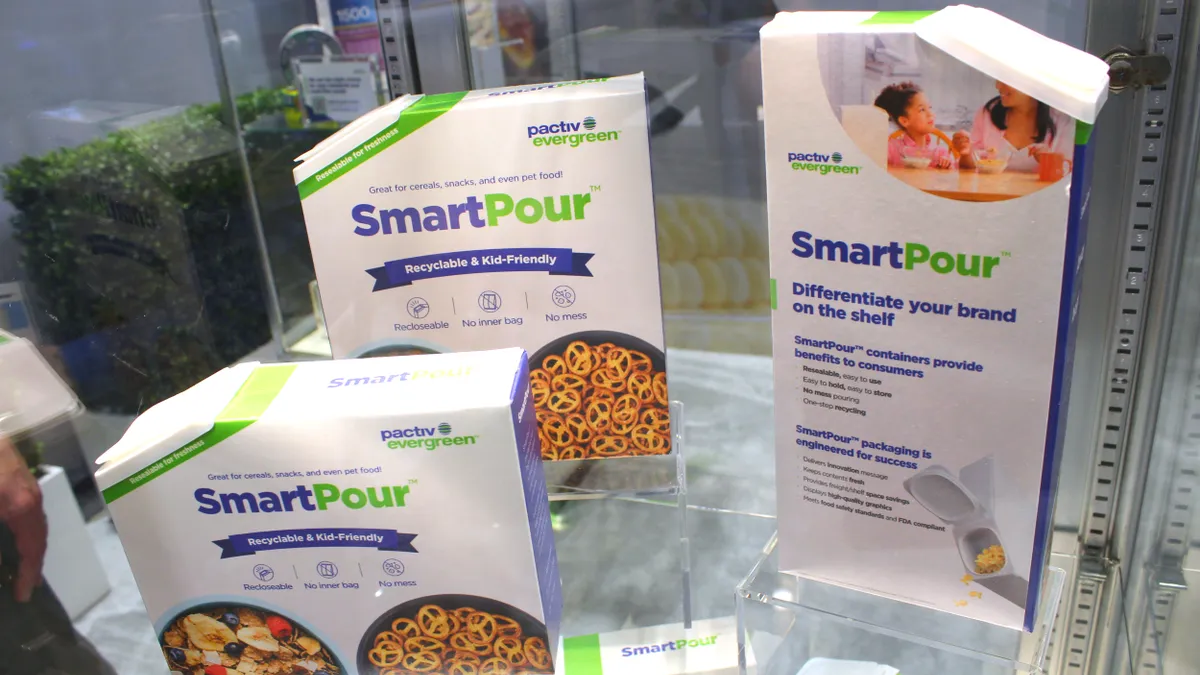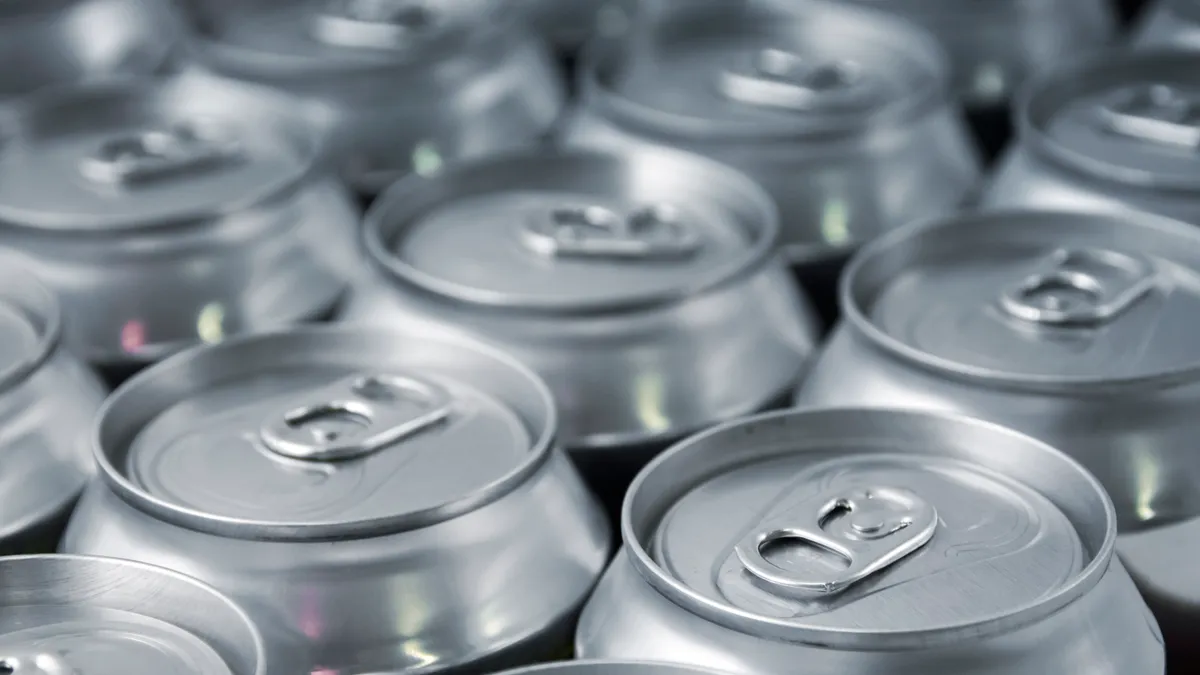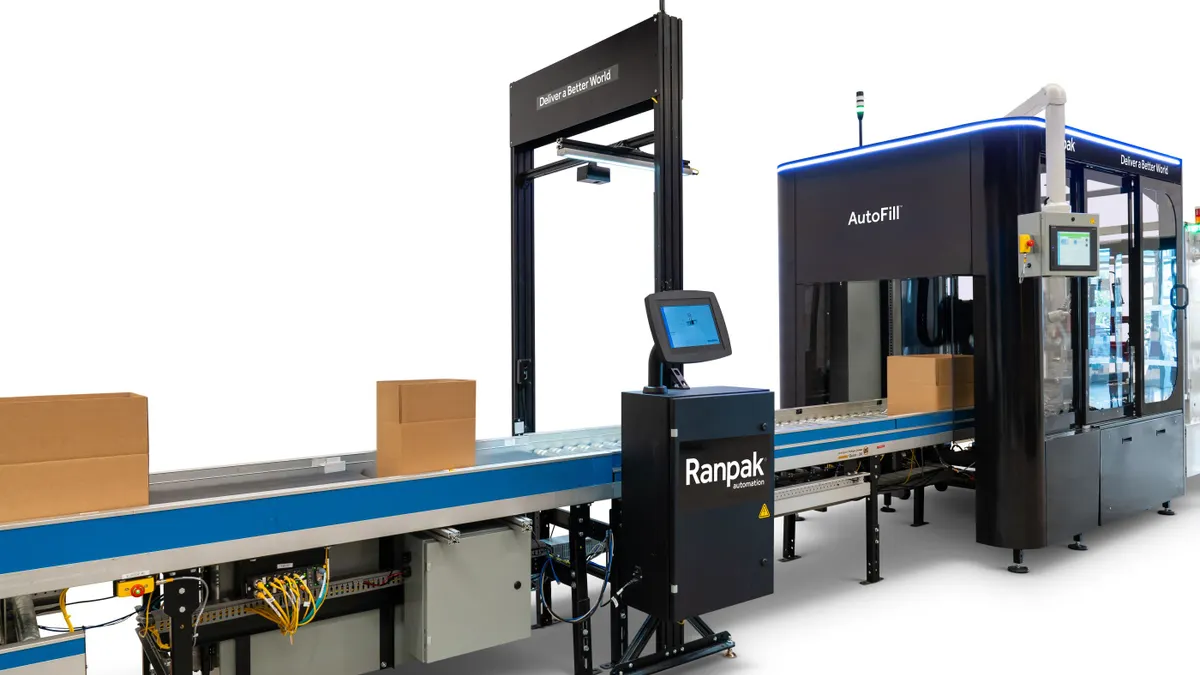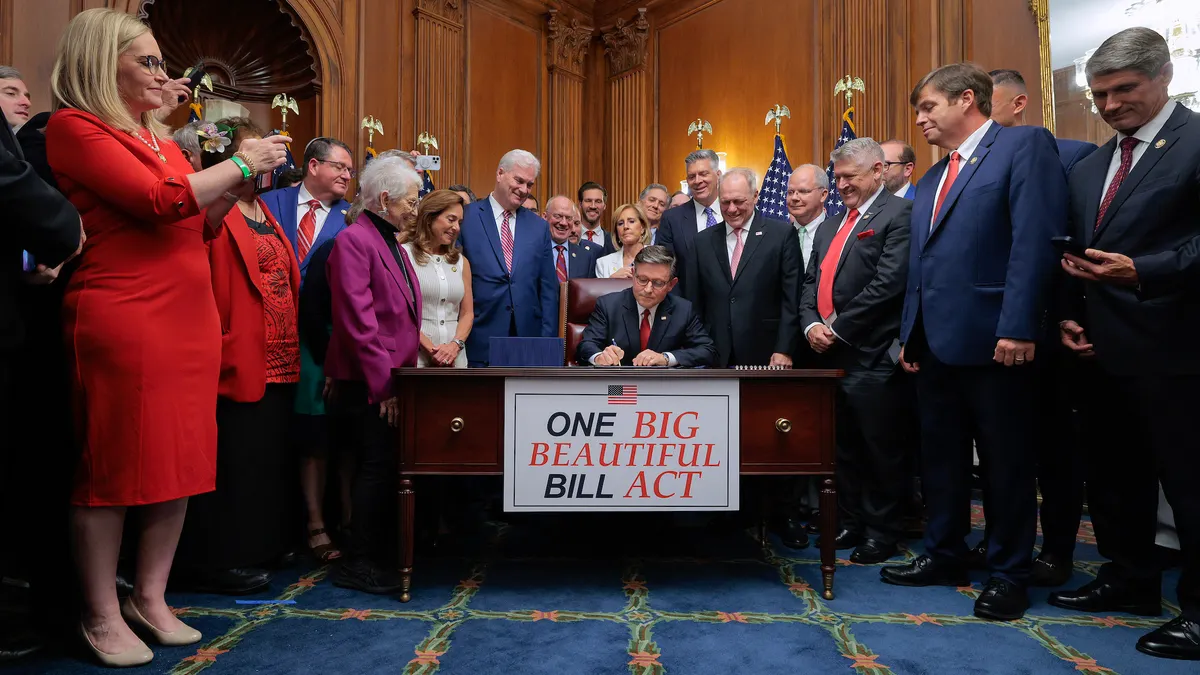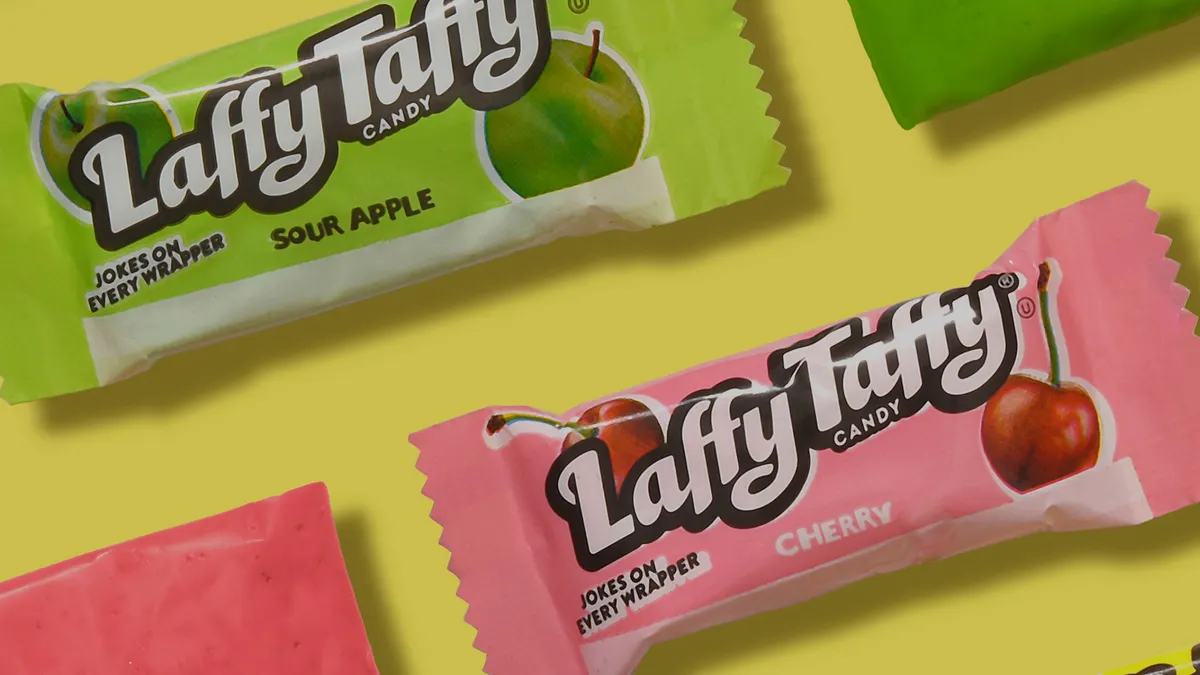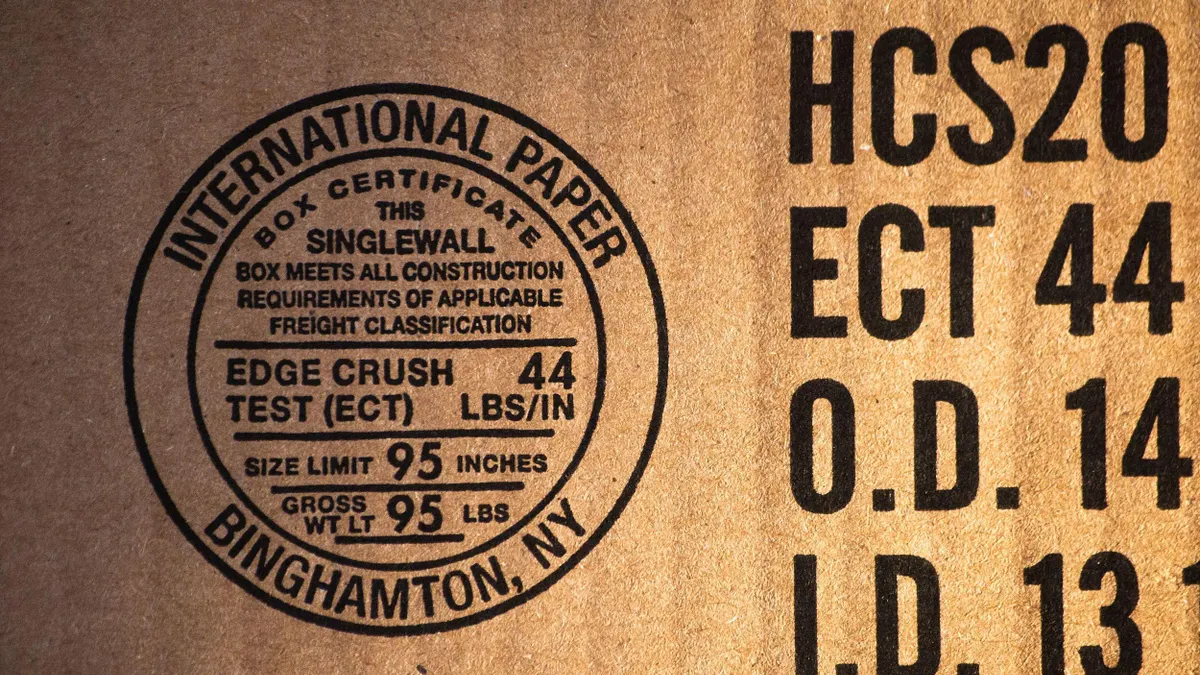Just four months after opening its first “state-of-the-art” U.S.-based facility, Myplas USA, a subsidiary of the South Africa-based plastic recycler, faces an eviction lawsuit for nearly $1.3 million in unpaid bills, as first reported by the Star Tribune.
“Myplas USA unexpectedly ran into financial challenges shortly after the launch of operations in Minnesota,” Peter Shippen, chair of the Myplas USA board, told Packaging Dive in a Thursday email. “The Board continues to actively pursue opportunities to resume operations under a different structure. Given the current status of the business, we understand that various parties need to take steps to protect their interests.”
In December, Myplas USA opened its 170,000-square-foot plastic film recycling facility in Rogers, Minnesota, to mechanically recycle and pelletize low-density and high-density polyethylene film. It planned for a capacity of 90 million pounds per year. It had received a $13 million joint equity investment, including support from Closed Loop Partners, General Mills, Target, Schwan’s Co., Charter Next Generation, Ecolab, the Alliance to End Plastic Waste and the Minnesota Department of Employment and Economic Development. The Star Tribune estimates this is a $30 million facility.
Myplas aimed to target the collection of films such as single-use plastic bags, food packaging, pallet wrap, shrink wrap and boat shrink wrap to make the pellets that packaging manufacturers and brands could use to fulfill their PCR needs. The company worked with brands including Minnesota-based Target on back-of-house collection to secure much of its initial supply — as that source has less contamination than postconsumer — and it planned to tap into postconsumer film next, said Andrew Pieterse, CEO of Myplas USA, during a session at the Packaging Recycling Summit in November. He said that Myplas’ feedstock sourcing was “strategic and tactical” and it would “take time to grow.”
But as the Star Tribune reported in February, the company struggled shortly after opening, subsequently deciding to idle operations and furlough employees. Most pages on Myplas USA’s website have been removed and currently display a 404 error or claim to be under maintenance.
Thursday, the Star Tribune reported that Myplas now faces a lawsuit claiming it hasn’t paid rent so far in 2024, and the building landlord wants a judge to evict Myplas. The company allegedly owes more than $389,000 in unpaid rent, and an electrical contractor filed a lien last month for $895,000 for Myplas’ unpaid bills.
The MBold coalition, which brings together a variety of stakeholders to build a circular economy for plastic film in the Upper Midwest, heavily supported the Myplas project. However, it was not a financial investor, nor did it participate in the business’s operations or oversight.
“While this recycling facility will not operate under its original structure, we remain committed to our vision for a circular economy for flexible films in the Upper Midwest. As a catalyst and convener, we value the partnership of the many businesses and organizations that share our vision,” MBold said in an emailed statement. “We look forward to advancing a circular economy as part of our broader mission to bring Minnesota’s food and agriculture leaders together and accelerate solutions to global sustainability challenges.”
MBold participants frequently stressed the importance of regional partnerships for film recycling to reach scale and to ensure such ventures have adequate supply and demand. “Our model is really a great model to replicate” because it’s rooted in collaboration, said Pieterse in November.
A spokesperson for film producer Charter Next Generation, one of the investors in the Minnesota Myplas project, said via email that “[w]hile this recycling facility will not operate under its original structure, please know that CNG remains committed to helping the industry take steps toward a circular economy for flexible films and innovating through collaboration with MBOLD and others.”
Other financial investors whom Packaging Dive reached out to either declined to comment further on the matter or did not respond to requests for comment by publication time.
MBold participants frequently underscore the importance of their regional approach to film recycling, as film collected in the Midwest traditionally has been shipped to areas like Texas or the East Coast for processing. Other recently launched film recycling projects include a residential curbside collection pilot in the Chicago area from WM and Dow and Nova Chemicals’ announcement last year that it’s developing its first plant — in Indiana, operated by Novolex — to mechanically recycle postconsumer PE films.
Editor’s note: This story has been updated with a response from Charter Next Generation.



